Bathroom Sink Counter Thickness: What You Need to Know
When it comes to designing or renovating your bathroom, the sink counter is an important element that can make a big difference in the overall look and functionality of the space. One key aspect to consider is the thickness of the bathroom sink counter. The thickness of your counter can affect everything from installation to maintenance, so it’s important to understand the ins and outs of this crucial feature.
How to Measure the Thickness of a Bathroom Sink Counter
Before we dive into the details, let’s start with the basics. To measure the thickness of your bathroom sink counter, you will need a measuring tape. Place the tape at the edge of the counter and measure straight down to the bottom of the counter. This measurement will give you the thickness of your counter in inches or millimeters.
Choosing the Right Thickness for Your Bathroom Sink Counter
When it comes to choosing the right thickness for your bathroom sink counter, there are a few factors to consider. The size of your bathroom and the style of your sink will play a role in determining the ideal thickness. Thicker counters tend to be sturdier and can support heavier sinks, while thinner counters can provide a sleeker and more modern look.
Pros and Cons of Different Bathroom Sink Counter Thicknesses
There are pros and cons to both thick and thin bathroom sink counters. Thicker counters are generally more durable and can withstand heavy use, making them a good option for high-traffic bathrooms. However, they may also be more expensive and harder to install. On the other hand, thinner counters can be more affordable and easier to install, but they may not be as sturdy and may not be able to support heavier sinks.
How to Install a Bathroom Sink on a Thick Counter
If you’ve decided to go with a thick bathroom sink counter, the installation process may require some extra steps. You will need to ensure that the support structure of your counter is strong enough to hold the weight of the sink. You may also need to use additional hardware, such as brackets or supports, to secure the sink in place.
The Impact of Counter Thickness on Bathroom Sink Installation
The thickness of your bathroom sink counter can also have an impact on the installation process. Thicker counters may require more manpower and time to install, as well as specialized tools. On the other hand, thinner counters may be easier to handle and install, making them a good option for DIY projects.
Understanding the Standard Thickness for Bathroom Sink Counters
While there is no set standard for the thickness of bathroom sink counters, there are some common ranges that you can use as a guide. On average, bathroom sink counters range from 1 ¼ inches to 1 ½ inches in thickness. However, it’s important to keep in mind that the thickness of your counter can vary depending on the material and design.
Tips for Maintaining the Thickness of Your Bathroom Sink Counter
To keep your bathroom sink counter looking its best, it’s important to properly maintain its thickness. This includes regular cleaning and avoiding harsh chemicals that can damage the surface. It’s also important to address any chips or cracks in the counter as soon as possible to prevent them from becoming bigger issues.
The Importance of Proper Thickness for Bathroom Sink Counters
Choosing the right thickness for your bathroom sink counter is crucial for both functionality and aesthetics. A counter that is too thin may not be able to support your sink properly, while a counter that is too thick may not fit with the overall design of your bathroom. It’s important to carefully consider your options and choose a thickness that meets your needs and complements your space.
How to Choose the Best Material for Your Bathroom Sink Counter Thickness
The material of your bathroom sink counter can also play a role in determining the ideal thickness. For example, natural stone counters, such as granite or marble, tend to be thicker and heavier, while materials like laminate or acrylic can be thinner and more lightweight. Consider the look, durability, and maintenance requirements of different materials when choosing the right thickness for your bathroom sink counter.
The Importance of Choosing the Right Thickness for Your Bathroom Sink Counter
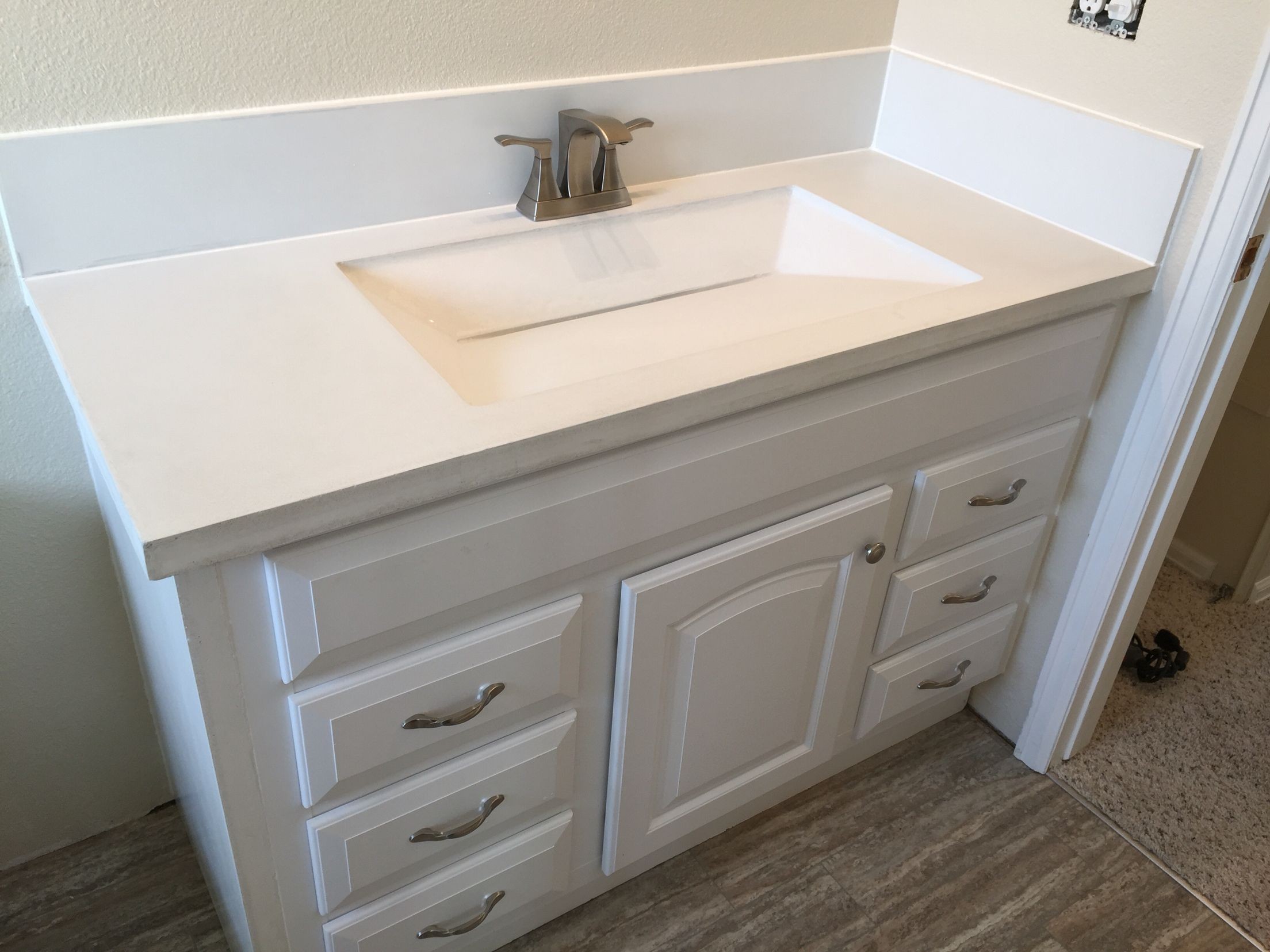
Factors to Consider
 When it comes to designing or renovating a bathroom,
bathroom sink counter thickness
is an important aspect that should not be overlooked. The thickness of your sink counter can greatly impact the overall look and functionality of your bathroom. Not only does it play a role in the aesthetics, but it also affects the durability and maintenance of your sink counter.
One of the main factors to consider when choosing the thickness of your bathroom sink counter is the material it is made of. Different materials have varying thickness recommendations in order to maintain their structural integrity. For example, a natural stone counter may require a thicker thickness to prevent cracking or chipping, while a laminate counter may only need a thinner thickness.
Another factor to consider is the size and shape of your bathroom sink. A larger sink may require a thicker counter to support its weight, while a smaller sink may be able to function just as well with a thinner counter. It's important to also take into account the overall design and layout of your bathroom. A thicker counter may be necessary for a more modern and sleek look, while a thinner counter may be more suitable for a traditional or minimalist design.
When it comes to designing or renovating a bathroom,
bathroom sink counter thickness
is an important aspect that should not be overlooked. The thickness of your sink counter can greatly impact the overall look and functionality of your bathroom. Not only does it play a role in the aesthetics, but it also affects the durability and maintenance of your sink counter.
One of the main factors to consider when choosing the thickness of your bathroom sink counter is the material it is made of. Different materials have varying thickness recommendations in order to maintain their structural integrity. For example, a natural stone counter may require a thicker thickness to prevent cracking or chipping, while a laminate counter may only need a thinner thickness.
Another factor to consider is the size and shape of your bathroom sink. A larger sink may require a thicker counter to support its weight, while a smaller sink may be able to function just as well with a thinner counter. It's important to also take into account the overall design and layout of your bathroom. A thicker counter may be necessary for a more modern and sleek look, while a thinner counter may be more suitable for a traditional or minimalist design.
The Benefits of Choosing the Right Thickness
 Choosing the right thickness for your bathroom sink counter can bring a variety of benefits. Firstly, it can greatly enhance the overall look and feel of your bathroom. A thicker counter can add a sense of luxury and sophistication, while a thinner counter can create a more minimalist and streamlined look.
Additionally, the right thickness can also improve the functionality of your bathroom sink. A thicker counter can provide more support and stability for your sink, reducing the risk of damage or wear and tear. It can also make it easier to clean and maintain, as there is less chance of water seeping through and causing damage to the underlying structure.
Choosing the right thickness for your bathroom sink counter can bring a variety of benefits. Firstly, it can greatly enhance the overall look and feel of your bathroom. A thicker counter can add a sense of luxury and sophistication, while a thinner counter can create a more minimalist and streamlined look.
Additionally, the right thickness can also improve the functionality of your bathroom sink. A thicker counter can provide more support and stability for your sink, reducing the risk of damage or wear and tear. It can also make it easier to clean and maintain, as there is less chance of water seeping through and causing damage to the underlying structure.
Making the Right Choice
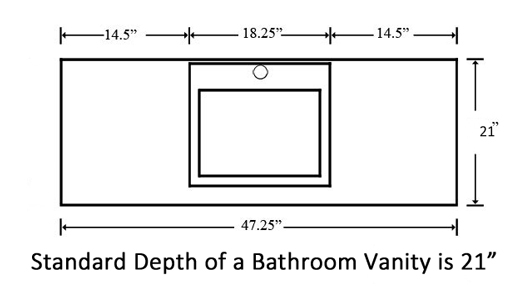 When it comes to choosing the right thickness for your bathroom sink counter, it's important to consider both practical and aesthetic factors. Take into account the material, size, and design of your sink, as well as the overall style and layout of your bathroom. Consulting with a professional designer or contractor can also help ensure that you make the best decision for your specific needs and preferences.
In the end, investing in a
bathroom sink counter
with the right thickness can greatly enhance the functionality and visual appeal of your bathroom. So take the time to carefully consider your options and make a choice that will not only meet your needs but also elevate the overall design of your home.
When it comes to choosing the right thickness for your bathroom sink counter, it's important to consider both practical and aesthetic factors. Take into account the material, size, and design of your sink, as well as the overall style and layout of your bathroom. Consulting with a professional designer or contractor can also help ensure that you make the best decision for your specific needs and preferences.
In the end, investing in a
bathroom sink counter
with the right thickness can greatly enhance the functionality and visual appeal of your bathroom. So take the time to carefully consider your options and make a choice that will not only meet your needs but also elevate the overall design of your home.







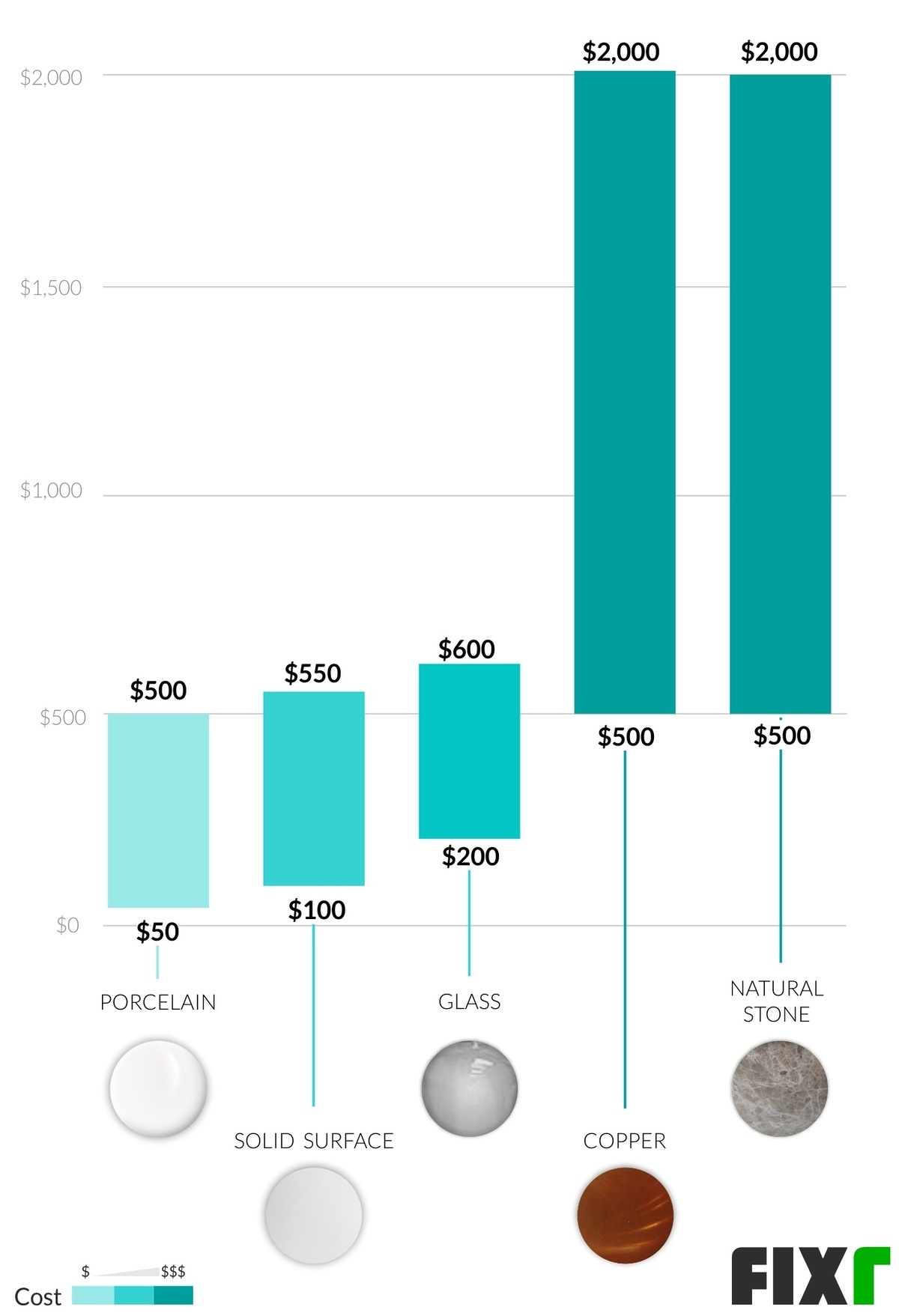

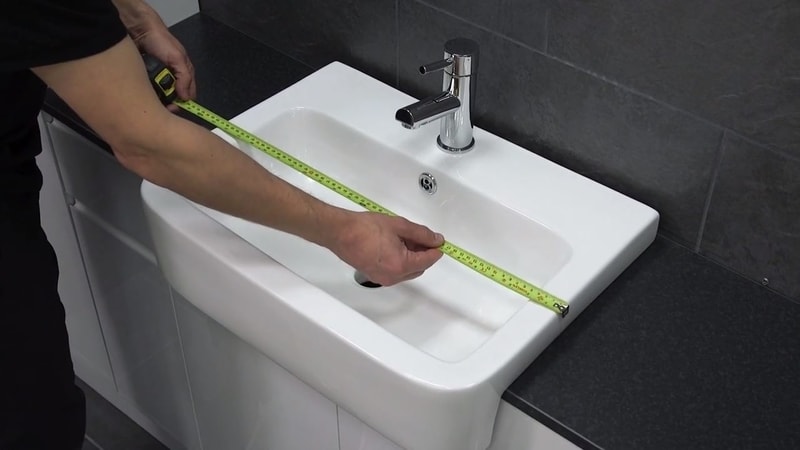


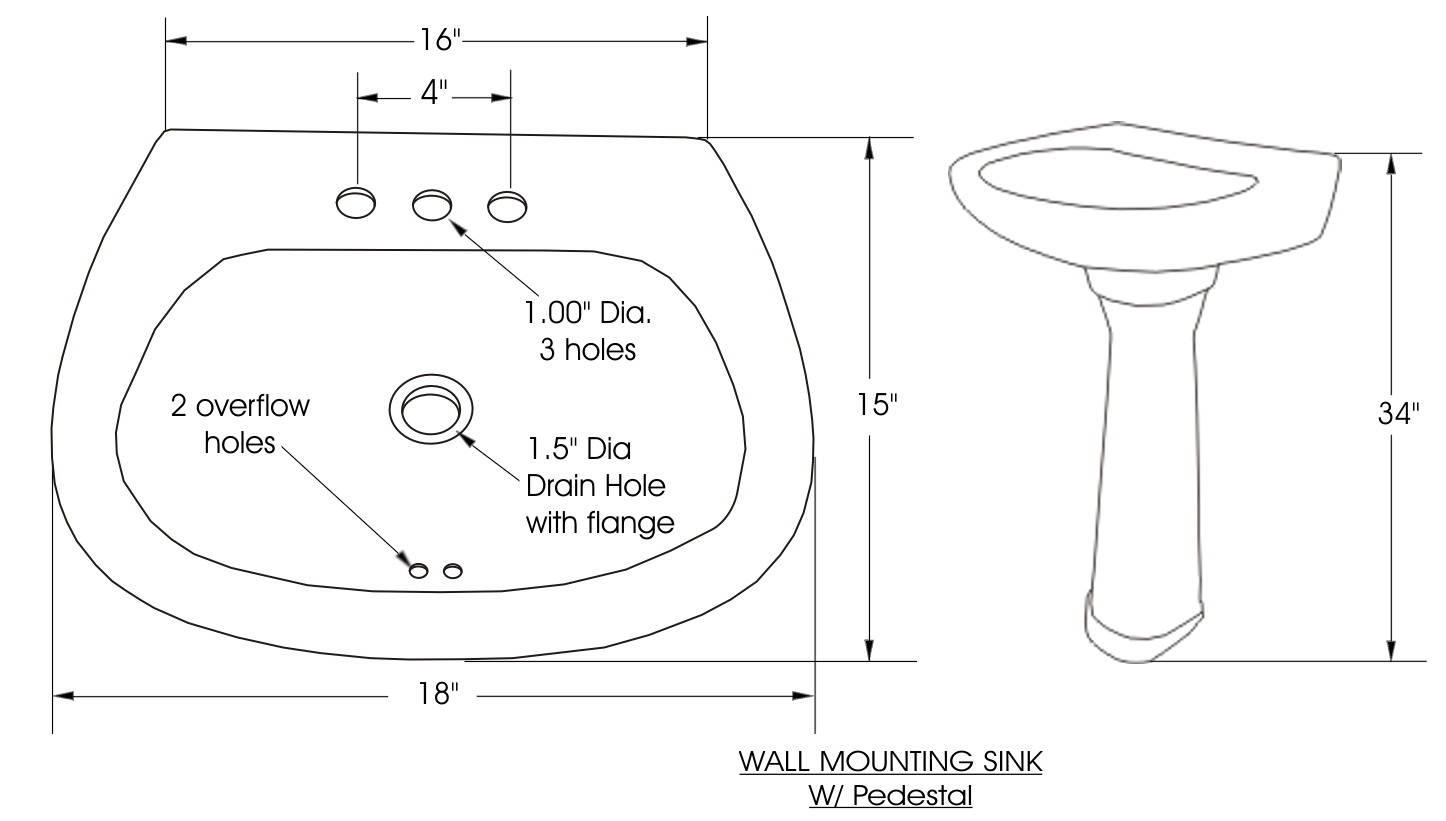
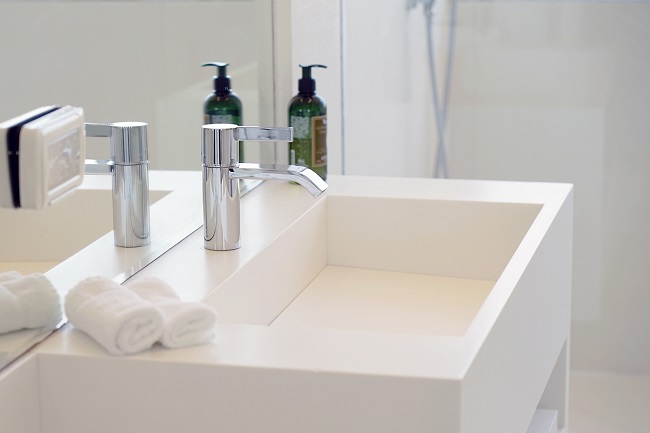


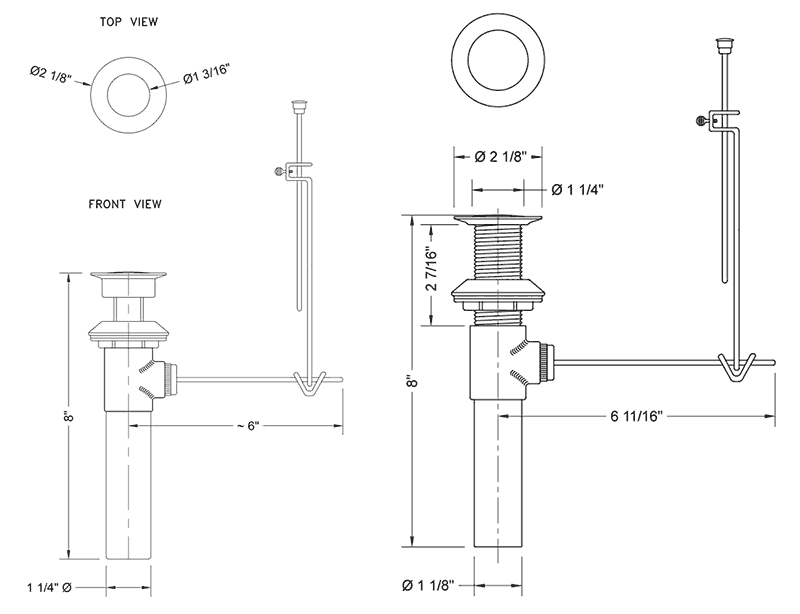

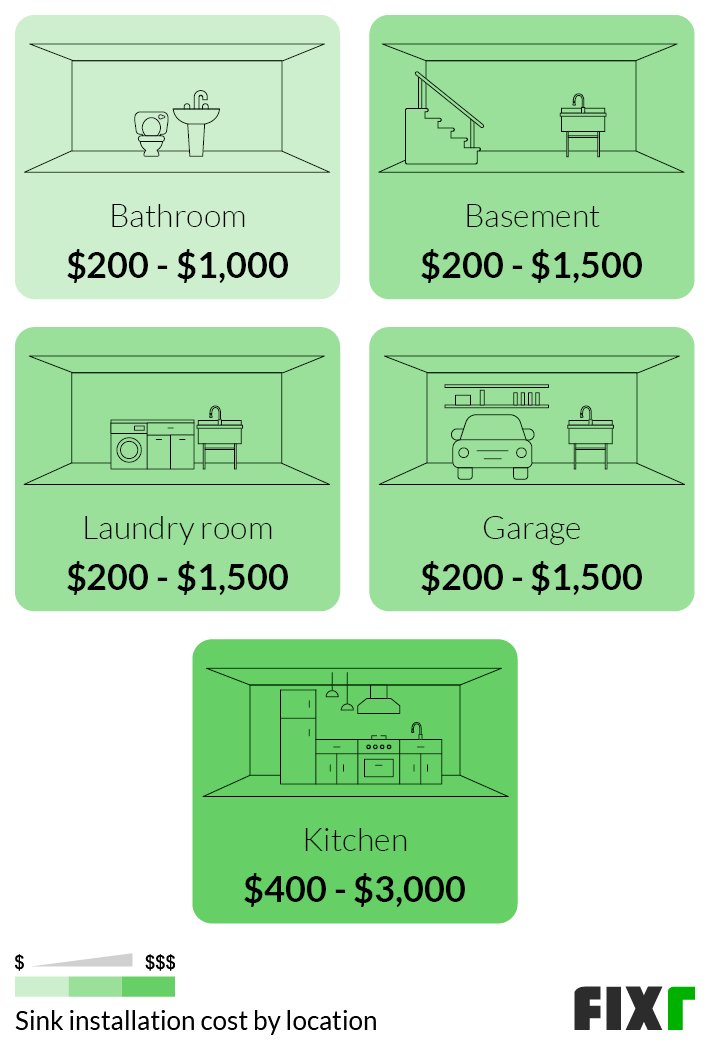


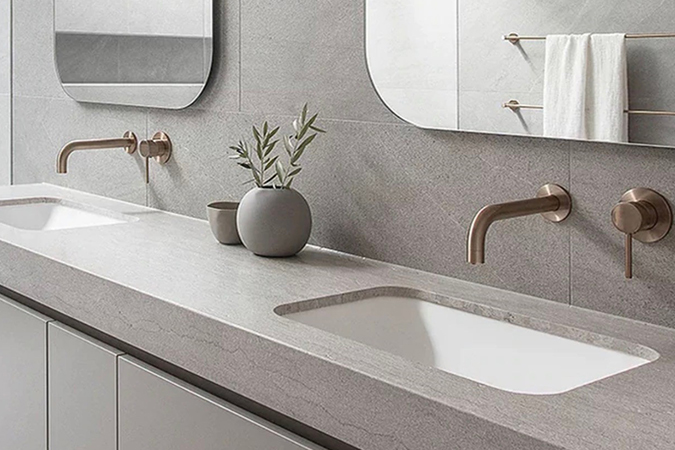










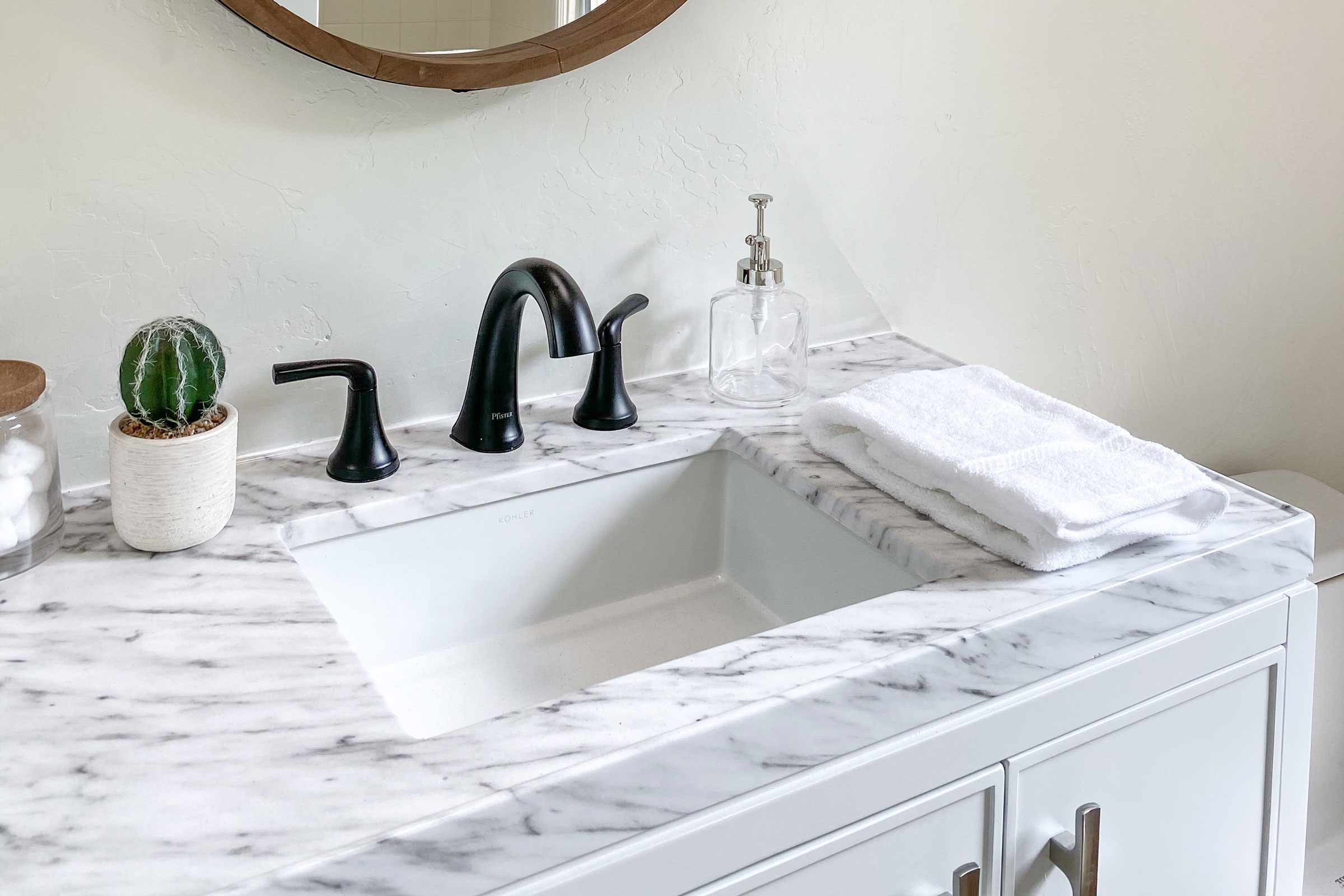
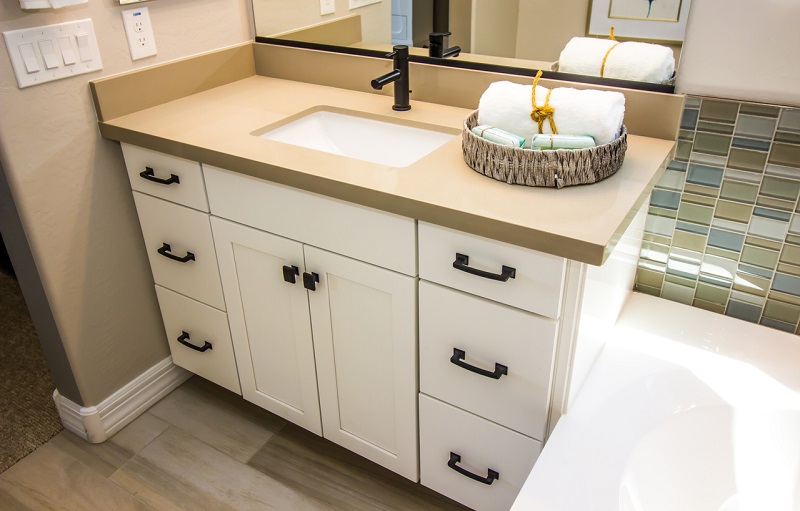

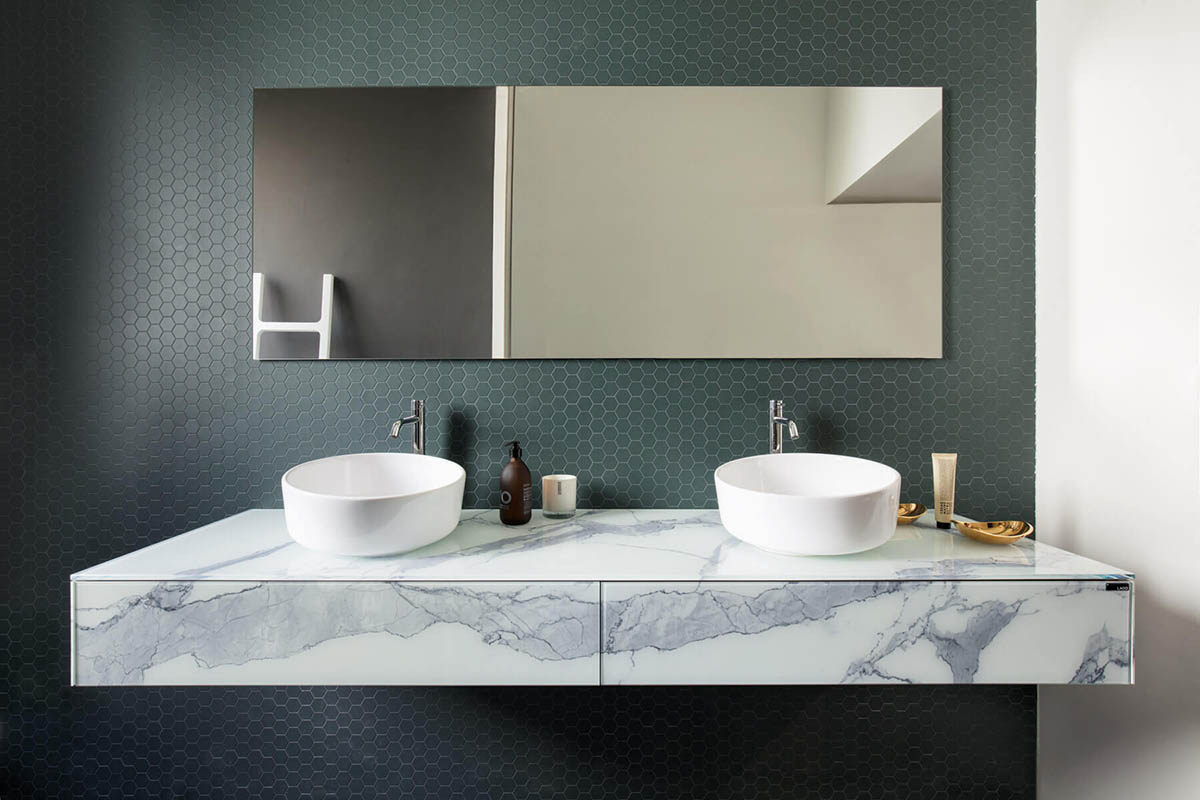
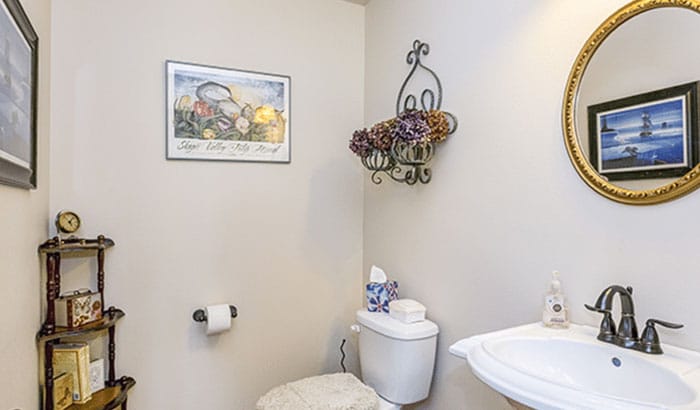



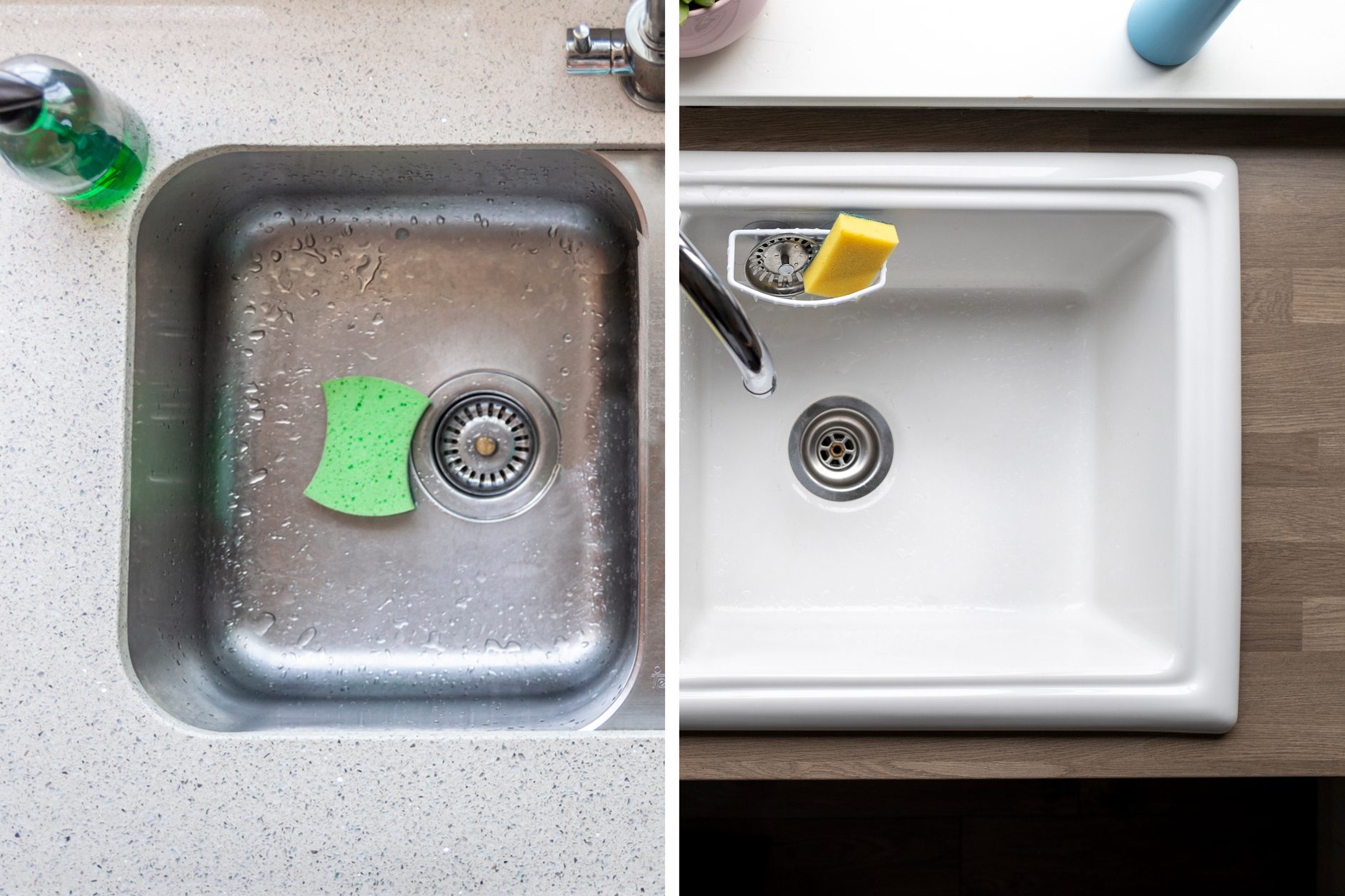







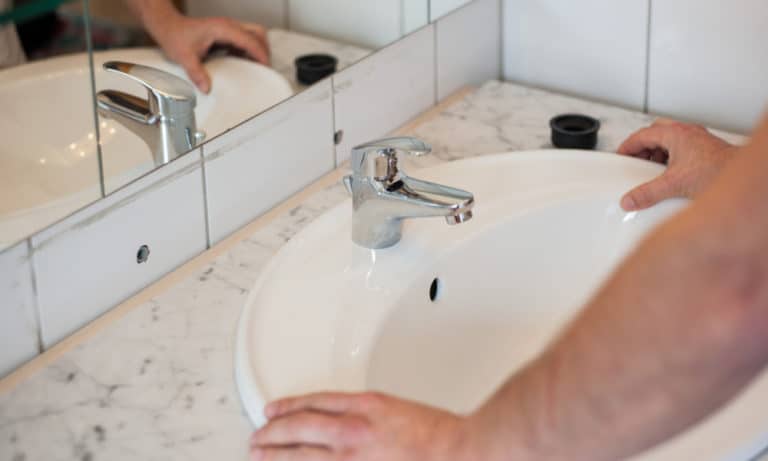




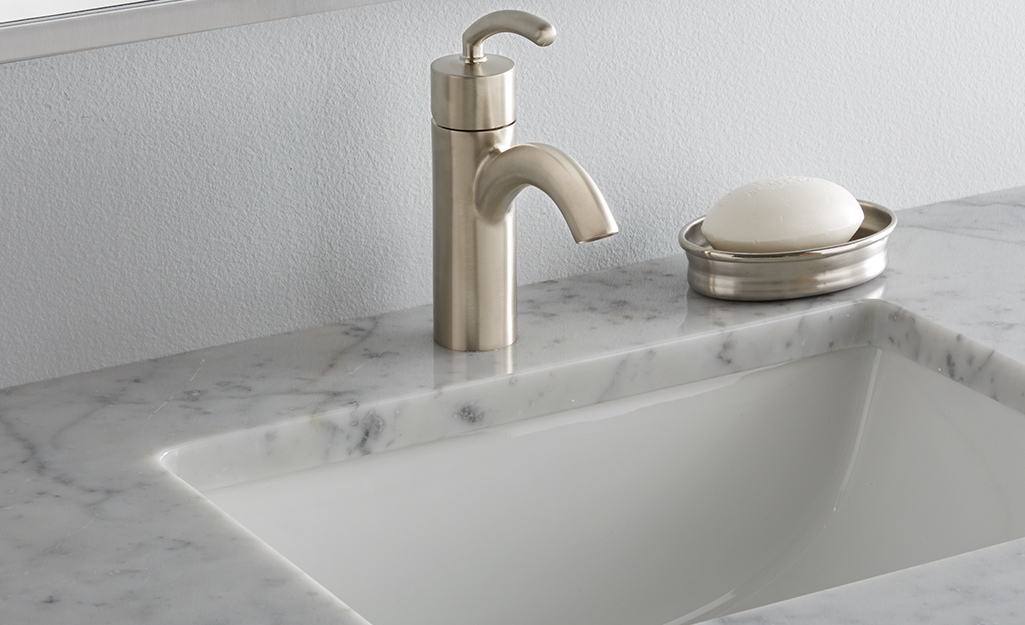






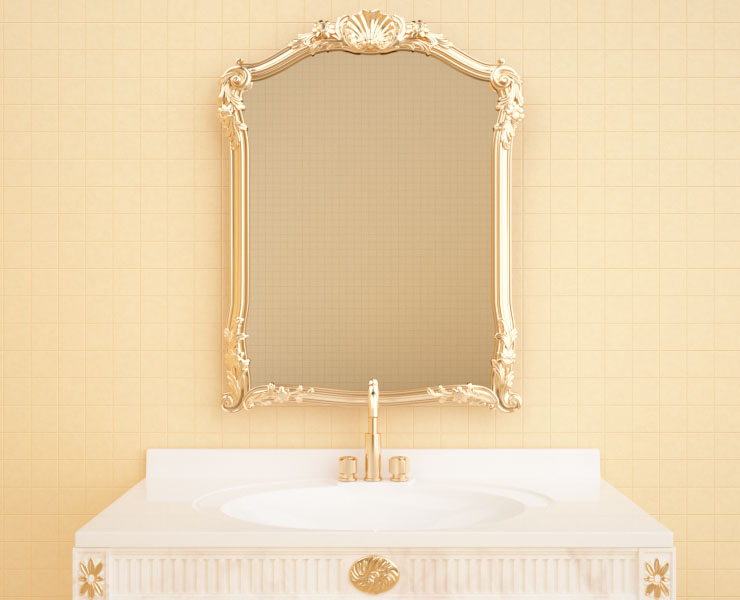





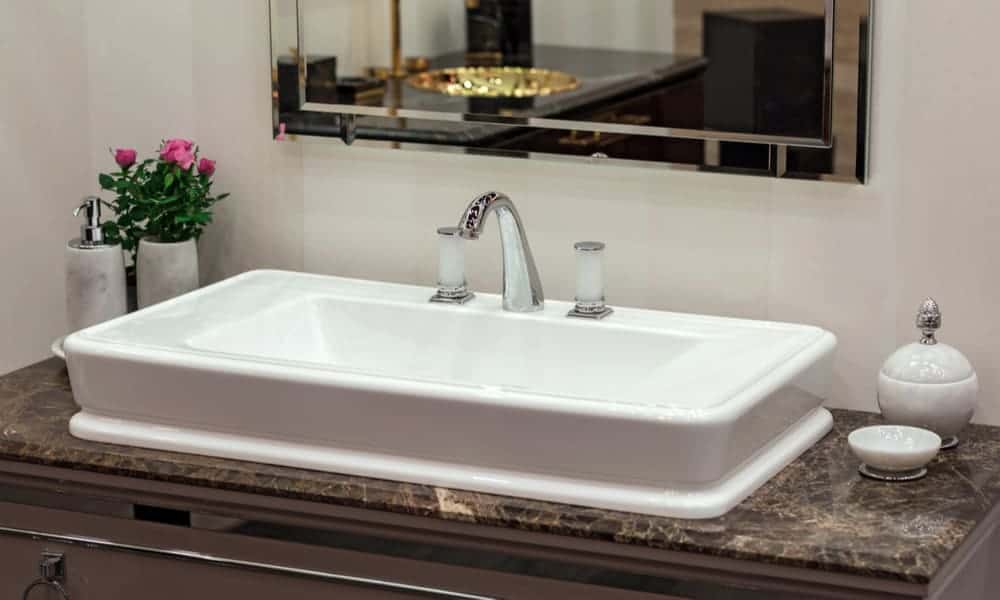























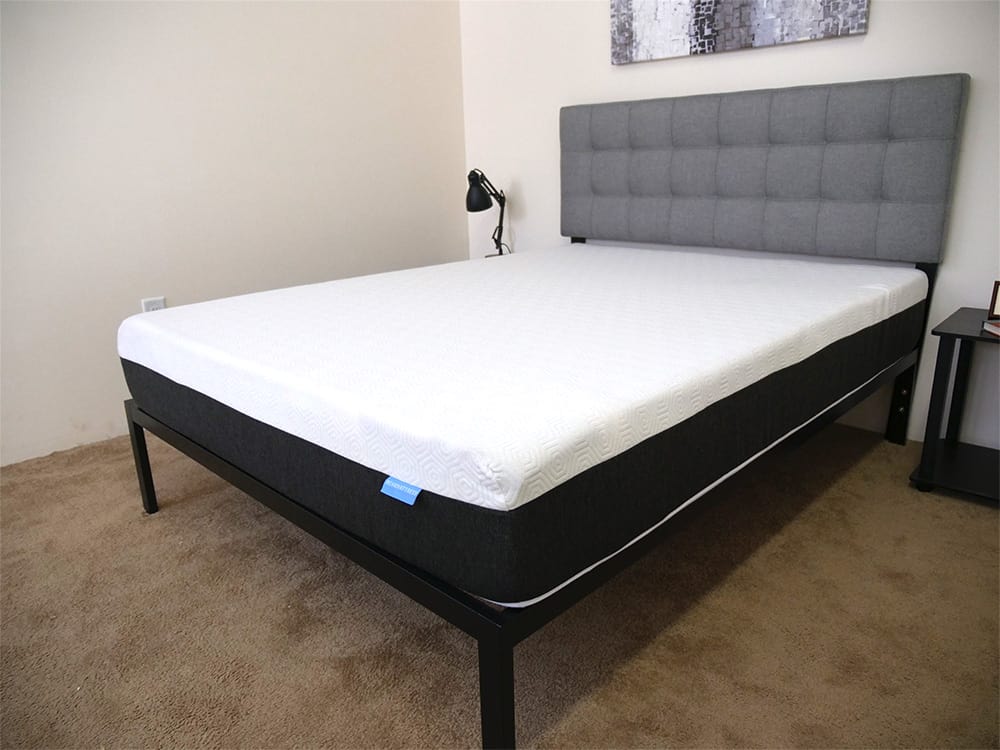

:max_bytes(150000):strip_icc()/Contemporary-Charcoal-Living-Room-Grand-Design-London-586eff183df78c17b6d9b9c8.jpg)


